Spreading new skills for Smart Villages
Improving the quality of life by leveraging education, and creating access to technological knowledge.
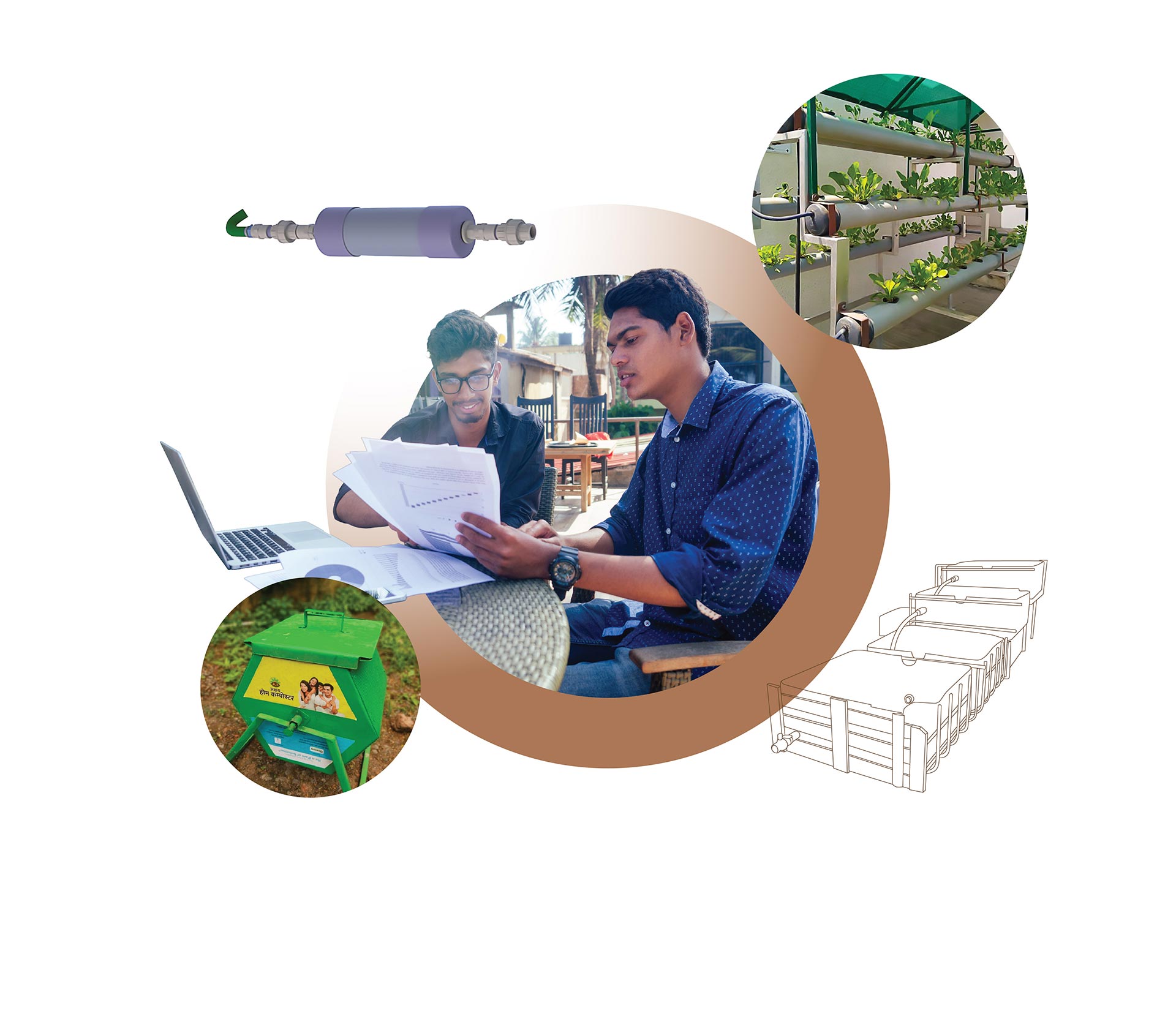
Aiming at self-sufficiency in Indian villages
Many rural areas in India are exploring ways to be self-sufficient in their needs of energy, water, waste disposal and food. To meet these objectives and to address different challenges faced by villages, such as scarcity of continuous access to electricity, scarcity of water, and issues related to waste disposal, India is developing the concept of creating Smart Villages.
This initiative’s goal is to raise technology-based local solutions, and then implement them in rural ecosystems to improve the quality of life by leveraging education, and creating access to technological knowledge.
Specific education to serve access
La Fondation Dassault Systèmes India is working with the Vigyan Ashram School in Pabal, Pune on a Smart Village project. The aim is to educate local students with the skills needed to learn, identify and then apply new solutions: thus, they will be able to better manage energy, recycle waste and grey water, increase agricultural production, and ultimately, make the entire village self-sufficient.
Vigyan Ashram will train students to develop solutions to be implemented in villages and rural areas, which are away from advanced infrastructures. Empowered by their learning and experiments, the students will provide villages with new usages to modify former practices. Therefore, they will be able to reduce dependence on the central electric grid yearly by 10%, reuse of 100% grey water, adopt efficient composting to significantly decrease the amount of non-recovered waste and more generally, adopt innovative agricultural practices for the benefit of the village and its ecosystem.
Some examples to achieve this:
- a daily use of solar-powered devices
- power conversion, to enhance Solar and Wind energy- based power generation
- efficient composting to treat vegetable and other organic waste and its reuse for agricultural purpose
- treatment of grey water for agricultural or non-drinking purposes
- Implement additional innovative agricultural practices.
Vigyan Ashram is developing such a model to become a referential campus, in order to enable other villages to adopt new practices too.
For large country like India where majority of population stays in villages, the villages need to manage their requirements locally to become self-sufficient. By adopting emerging technologies and innovative practices, they will be able to achieve these objectives for their villages. With the help and guidance of La Fondation Dassault Systèmes, we are able to make digital designs of appropriate technology solutions and implement them in Pabal and Mukhai Village. These open source designs will be available for others to adopt in their villages. We hope our efforts will lead to a decentralised and circular economy and make Indian villages self-sufficient and 'Smart Villages'.
The 2030 Agenda for Sustainable Development
Adopted by all United Nations Member States, the 2030 Agenda for Sustainable Development provides a shared blueprint for peace and prosperity for people and the planet, now and into the future. At its heart are the 17 Sustainable Development Goals (SDGs), which are an urgent call for action by all countries - developed and developing - in a global partnership.
La Fondation Dassault Systèmes supports Vigyan Ashram’s project, meeting three of these goals: Quality education, Clean water and sanitation, and Partnerships for the goals.
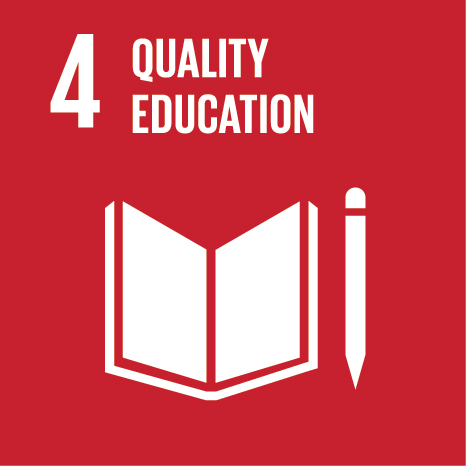
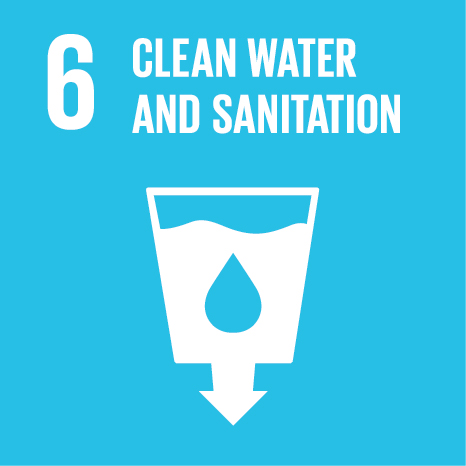
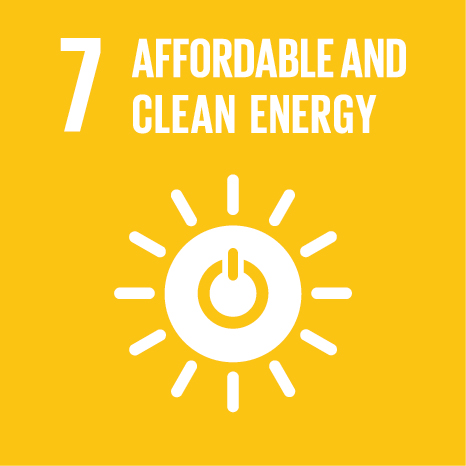
About our partner: the Vigyan Ashram School
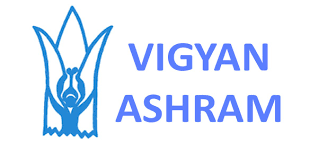
The Vigyan Ashram School is located in Pabal, Pune, where they run a FabLab and teach courses that comprise engineering, fabrication, construction, basic carpentry, agriculture, and more… with a focus on concrete applications for rural ecosystems. Many of the students from villages are beneficiaries of the skill and competency trainings Vigyan Ashram conducts to make these students contributors for a developmental vision for rural ecosystems.

